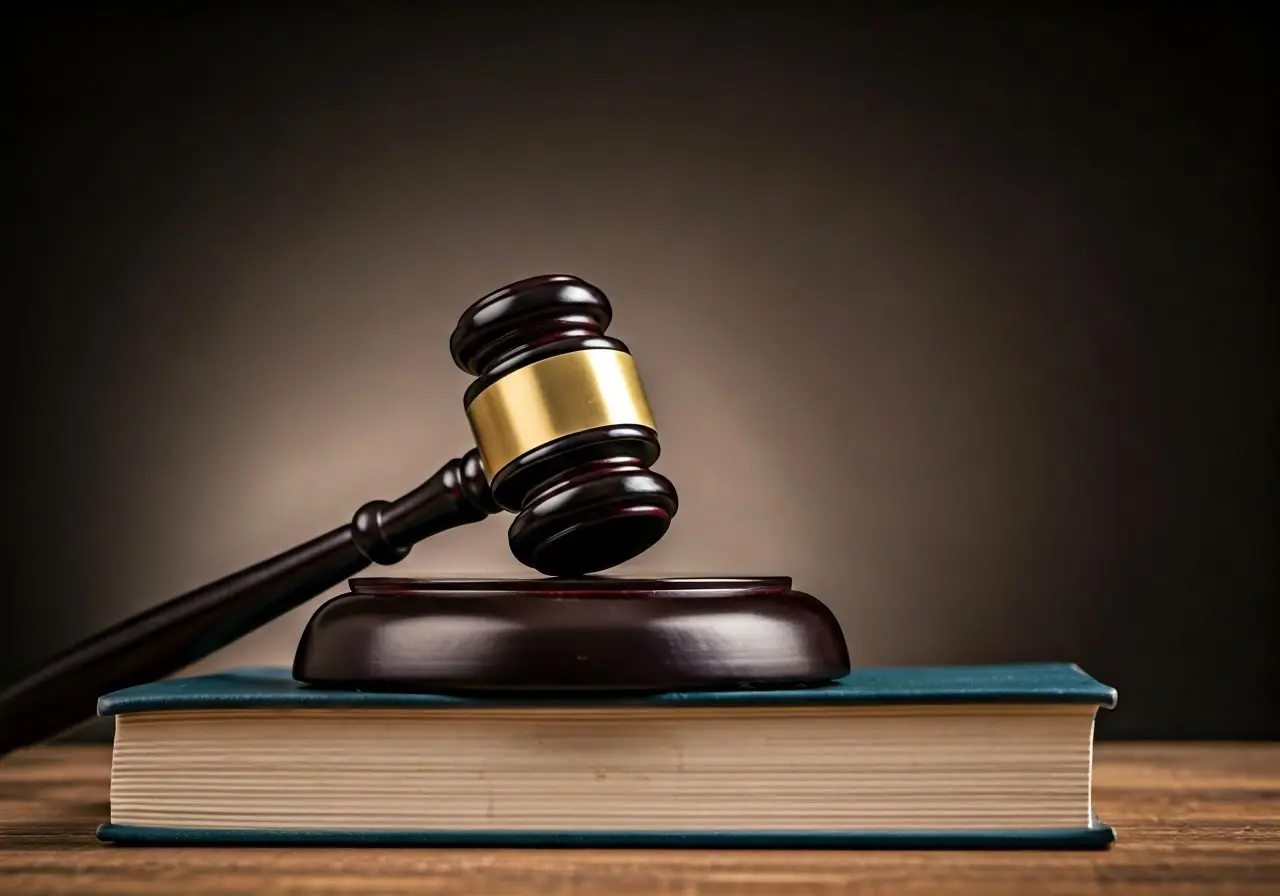Facing drug-related charges can be overwhelming and frightening. Navigating the legal system is daunting without expert guidance. Here’s where a defense attorney can make a significant difference, offering the expertise and guidance needed to protect your rights and build a strong case.
Understanding Drug Laws and Charges
Drug-related charges can range from possession to trafficking, each carrying different consequences. A defense attorney can clarify these charges, explaining the nuances and potential outcomes of your case. For instance, possession charges might seem straightforward, but the penalties can vary widely depending on the drug’s classification and the quantity involved. An attorney helps in demystifying the legal jargon, shedding light on terms like ‘intent to distribute’ or ‘controlled substance’ classifications, which can significantly affect the direction and severity of a case.
Furthermore, understanding the legal landscape involves recognizing the societal and personal implications of being charged with a drug crime. While a conviction might lead to incarceration, it can also impact future employment prospects, housing opportunities, and personal relationships. A defense attorney’s role is crucial in navigating these concerns, providing insight and support, and planning for life beyond the courtroom. This contextual knowledge is integral to crafting an effective defense strategy that looks at the legal and personal trajectory.
Building a Strong Defense Strategy
Crafting a solid defense requires a deep understanding of the law and the specifics of the case. An experienced attorney will analyze the evidence, identify weaknesses, and develop a strategy tailored to your unique situation. They pay particular attention to aspects like unlawful search and seizure, discrepancies in police reports, or mishandling of evidence, which might contribute to a dismissal or reduction of charges. By scrutinizing every detail, from arrest procedures to chain of custody for evidence, a defense attorney works to exploit any violation of protocol or infringement on your rights.
Moreover, a comprehensive defense strategy often involves gathering character references, expert witness testimonies, and other supporting documents that can strengthen your case. Attorneys may also partner with forensic experts to challenge drug test results or the methods used in the investigation. These multidisciplinary efforts aim to construct a narrative that highlights the distinctions between the defendant’s intentions and the charged offenses, thereby fostering a more empathetic understanding of the circumstances involved.
The Role of Plea Bargaining
Sometimes, negotiating a plea deal can lead to reduced charges or lighter sentencing. A skilled defense attorney knows how to leverage the facts of the case and negotiate terms that can benefit you. This process involves discussions with the prosecution to possibly reframe the charges in a less severe light or propose alternatives to incarceration, such as drug rehabilitation programs. The potential outcomes of plea bargaining often include probation, community service, or deferred prosecution agreements, all of which could significantly alleviate the burden on the defendant.
Plea bargaining requires strategic negotiation skills and a thorough knowledge of prosecution priorities and tendencies. Defense attorneys must balance obtaining a favorable agreement with ensuring that the defendant’s rights and dignity remain intact throughout the process. Transparency with the client about the advantages and pitfalls of accepting a plea deal, versus proceeding to trial, is crucial, ensuring that each decision is well-informed and aligned with the client’s long-term interests.
Protecting Your Rights Throughout the Process
A defense attorney ensures that your rights are upheld from the moment you are charged until your case is resolved. They serve as an advocate, ensuring due process and providing guidance through each legal stage. It is essential to have an advocate who understands your rights thoroughly and can detect any breaches that occur during arrest, questioning, or legal proceedings.
Furthermore, a defense attorney’s advocacy extends to offering emotional support and advice throughout this trying time. They help in understanding court processes, preparing for court appearances, and decoding legal paperwork and outcomes. In doing so, they form a critical pillar of support, ensuring that no aspect of the law leaves you feeling isolated or uninformed and that each step is taken with confidence and awareness.
The Value of a Defense Attorney in Drug-Related Cases
Enlisting the help of a knowledgeable defense attorney can be invaluable when facing drug-related charges. From understanding complex laws to negotiating favorable terms, their expertise is crucial for exploring every possible avenue. If you or someone you know is caught in such a legal battle, consider reaching out to a professional for the best possible outcome. Learn more about how we can assist you at Defense Ohio.





